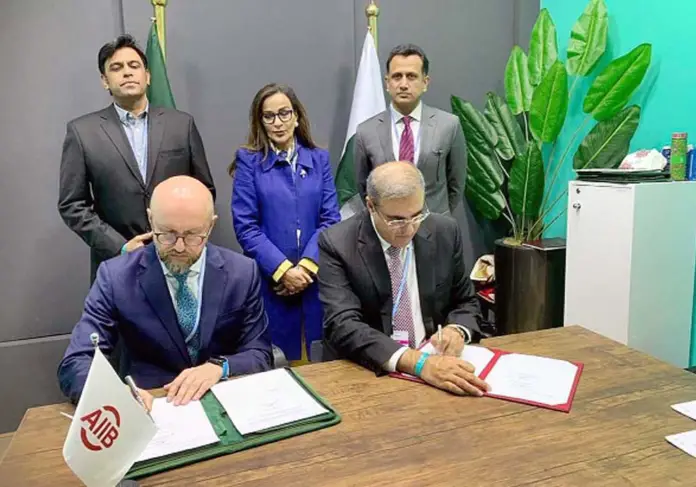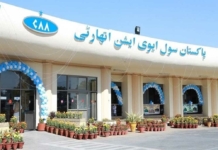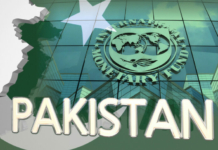Speaking at the High-Level Segment in Water Pavilion: Thematic Day 3: DRR and Sustainable Cities for improved Livelihoods at the Water Pavilion organized by International Water Management Institute (IWMI) and FAO, Senator Sherry Rehman emphasized on the flood losses Pakistan incurred this year and the significance of the Living Indus Initiative in flood risk management, adaptation and resilience of the Indus River system. She said that, “Pakistan has gone through a traumatic and devastating flood impacting more than 33 million people. A third of the country was inundated and the loss and damage combined amounts to US $30 billion according to the Post-disaster Needs Assessment. Livelihoods, agriculture and food are severely impacted and the century’s record flood has changed the entire topography in the South of the country has changed and become unrecognizable.” Continuing conversation on Pakistan’s recovery and adaptation needs, the Federal Minister provided an overview of the Living Indus Initiative and how it would help in restoring the ecosystems of the Indus Basin. The session highlighted opportunities to learn from Egypt in dealing with the climate shocks, especially drought, and practical steps for developing climate resilient infrastructure. “Restoring the ecological health of the Indus River system within the boundaries of Pakistan is a crucial step to ensure our climate resilience, especially during natural calamities like floods,” said Senator Sherry Rehman, Federal Minister for Climate Change at COP27 in Sharm el-Sheikh. To this end, the government’s Living Indus Initiative is a call to consolidate all interventions that can help revitalize the jugular vein of Pakistan. Sherry also spoke at a panel discussion titled ‘The Living Indus: An Axis of Adaptation’ at the Pakistan Pavilion at COP27 in Sharm el-Sheikh. She was joined by Federal Minister for Commerce, Syed Naveed Qamar, Julien Harneis, United Nations Resident Coordinator in Pakistan, and environmental journalist, Afia Salam. The panel was moderated by environmental lawyer and activist Ahmad Rafay Alam.
Sign up to be the first to hear about latest news & updates!







